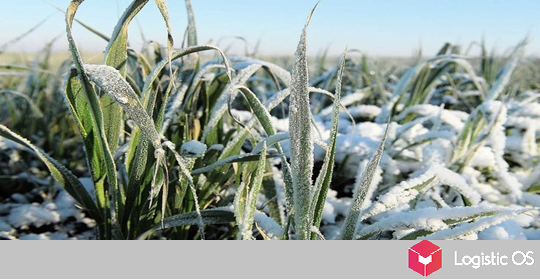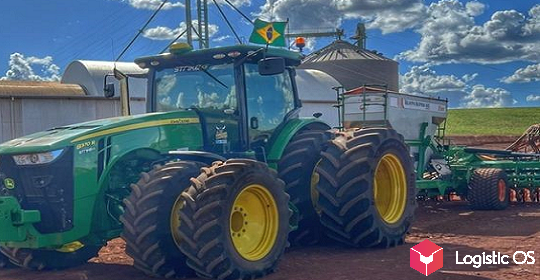The demand for agricultural products in Egypt is gradually growing, and its own agriculture is not able to satisfy it. Therefore, Russia has a chance to increase the volume of deliveries.
Egyptian agriculture, despite the difficult arid climate, shows good results.
For example, the annual production of vegetables reaches 20 million tons, sugar cane — 10 million, fruits — 8 million. A significant part of them is exported.
In terms of deliveries to the world market of grapes and oranges, Egypt is even one of the world leaders.
With livestock products, too, everything is not so bad.
For example, the country produces 5 million tons of milk per year, which covers about 70% of the needs of the Egyptians in this product.
Meat production is slightly below 2 million tons per year, according to this indicator, the country provides itself by 60%.
At the same time, there are a number of goods from the agro-industrial complex that Egypt is not able to fully produce on its own and has to import.
First of all, it is grain: wheat and corn.
In 2021, the total volume of agricultural products purchased by Egypt increased by 20% by 2020 and amounted to about $16 billion. At the same time, the structure of agricultural imports is as follows:
20% — wheat
13% — corn
12% — soy
8% — oil
7% — beef
Where does Egypt buy food?
The main exporting countries are as follows:
12% — USA
11% — Russia
10% — Ukraine
9% — Brazil
8% — Indonesia
What does Egypt get from Russia?
In the structure of trade turnover of agricultural products between the two countries, supplies from Russia to Egypt account for 80% of the volume. At the same time, exports to Egypt amount to no more than 5% of the total supply of Russian agricultural products abroad.
In 2021, Russia delivered 6 million tons of the following products to Egypt:
85% — wheat
11% — sunflower oil
3% — soybean oil
At the same time, the export of Russian agricultural products to Egypt has good prospects.
Firstly, the population in Egypt is growing, so the demand for food, primarily bread, is also growing.
Secondly, in Egypt, the standard of living is increasing, and the more prosperous population willingly purchases sunflower and butter from the Russian Federation instead of palm oil.
Finally, tourism, restaurant and hotel businesses are actively developing in this country, and they are active consumers of meat and dairy products.
Therefore, there is reason to expect that Russian supplies to Egypt of meat, fish and grain, as well as oils, will be increased in the foreseeable future.

